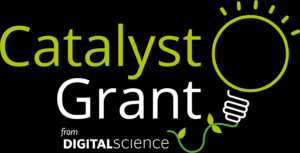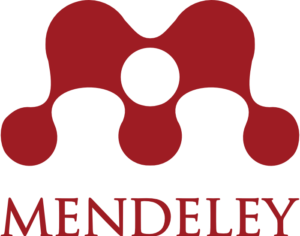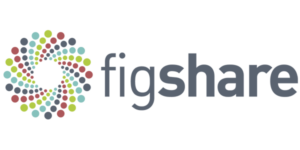 Our friends at Digital Science love to nurture innovative research software ideas and are looking for ideas for software or apps that could help benefit scientific research or make life easier for researchers themselves. Past ideas have included software to look for patterns in vast data sets without human intervention, software to speed up the processing of neurological test results, and a tool that allows scientists to interact with the data in scientific papers.
Our friends at Digital Science love to nurture innovative research software ideas and are looking for ideas for software or apps that could help benefit scientific research or make life easier for researchers themselves. Past ideas have included software to look for patterns in vast data sets without human intervention, software to speed up the processing of neurological test results, and a tool that allows scientists to interact with the data in scientific papers.
If, as a researcher, you’re frustrated by a problem that you know you could fix with an app or software, or if you’re a software developer with friends in science who keep mentioning a problem that you think you could solve if only you had the cash to develop it, then the Catalyst Grant is for you. Ada Lovelace Day was awarded this very grant in 2015, which then allowed us to develop our resources database for women in STEM! So we can say from first-hand experience that you won’t just get cash from this grant, you’ll also get support and advice if you need it.
So, if you’ve got an idea then Digital Science have got the funding and friendly advice to bring it to life. You can learn more about the sorts of things to include in your application on their website.
The next application deadline is 30th June 2017 so there’s no time to lose. (Though if you do miss this one, they give out two grants a year and the next deadline is in December).
You can find out more about the Catalyst Grant on the Digital Science site, and if you have any questions about submitting then don’t hesitate to get in touch with the Catalyst Grant team via catalyst@digital-science.com.
 ALD Sponsor
ALD Sponsor 
 We are very happy to announce that we are
We are very happy to announce that we are